Oppenheimer’s nuclear warnings more relevant than ever, Elders warn
The Elders today call for increased urgency in the global debate on the existential threat posed by nuclear weapons, and for the release of the new film about Robert Oppenheimer to serve as a catalyst for greater scrutiny of the current failures of leadership on nuclear arms control.
They condemn world leaders, above all those of nuclear-armed states, for their persistent lack of action on disarmament and non-proliferation despite heightened geopolitical tensions and the very real risk of a catastrophic conflagration.
As the Oppenheimer film is released worldwide, The Elders have published a new nuclear policy paper outlining the scale of the threat and proposals for achievable multilateral progress.
They warn that Russia’s illegal war on Ukraine, the near-total breakdown of arms control agreements between the United States of America and Russia, growing global concerns about proliferation and the advent of new technologies like Artificial Intelligence (AI) mean the world faces a greater existential threat from nuclear conflict today than at any time since the height of the Cold War.
So long as nuclear weapons remain in existence, it is highly likely that they will eventually be used – if not by design, then by human error, miscalculation or misjudgement. Any such use will be catastrophic; even a limited nuclear war has been estimated to kill up to 2 billion people from the climatic impacts of nuclear winter, while a full-scale nuclear conflict could kill 5 billion people, and potentially cause the extinction of humanity.[1]
Mary Robinson, Chair of The Elders, former President of Ireland and UN High Commissioner for Human Rights, said:
“Robert Oppenheimer grappled with the horrific consequences of his work on the atomic bomb over seventy years ago, and we continue to face the existential threat of nuclear weapons today. Whilst their mass proliferation has been so far contained, in many ways the threat today is more acute and more alarming than even Oppenheimer could have imagined. This is why The Elders continue to say loud and clear to all world leaders: ‘do not ignore the nuclear threat: the only guarantee of the non-use of nuclear weapons is their complete abolition.’ None of us should countenance the use of nuclear weapons under any circumstances.”
The Elders reaffirm their support for the Treaty on the Prohibition of Nuclear Weapons (TPNW), but acknowledge the impasse between its supporters and the nuclear-armed states and their allies.
To help bridge this gap, the Elders continue to propose a nuclear risk minimisation agenda as a crucial step that can deliver tangible progress on four critical areas: adoption of a “No First Use” doctrine; de-alerting as many weapons as possible off their current high states; dramatically reducing the number of nuclear weapons currently deployed; and reducing the overall number of warheads to the lowest level possible.
Ban Ki-moon, Deputy Chair of The Elders and the 8th Secretary-General of the United Nations, said:
“The world faces an unacceptable and unsustainable level of nuclear risk, as a result of both immediate crises and decades of complacency and misguided assumptions. Only a multilateral approach to disarmament and non-proliferation can deliver results and forge a global consensus against these weapons of mass destruction. North Korea’s repeated provocations through multiple launches of different missiles, as well as the frequent threat of the use of nuclear weapons, is seriously undermining and jeopardising the peace and stability of Northeast Asia and beyond. The international community should continue to exert pressure through maintaining the sanctions system on North Korea. When nuclear-armed states continue to modernise and expand their arsenals, a concerted international effort is needed to stop it. As immediate steps, we need a restart of US-Russia nuclear dialogue, and a new US-China risk reduction dialogue. Fatalism is not an option.”
21 July 2023






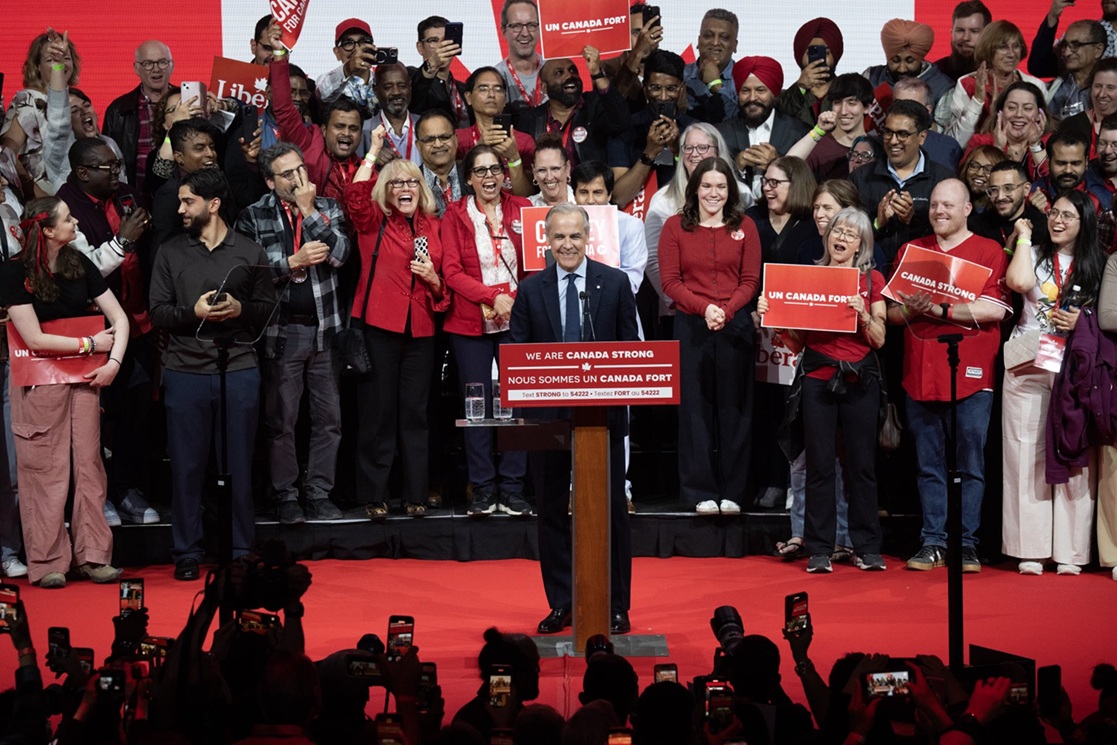







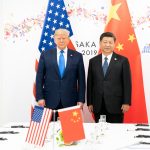


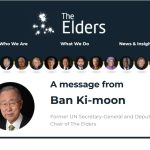


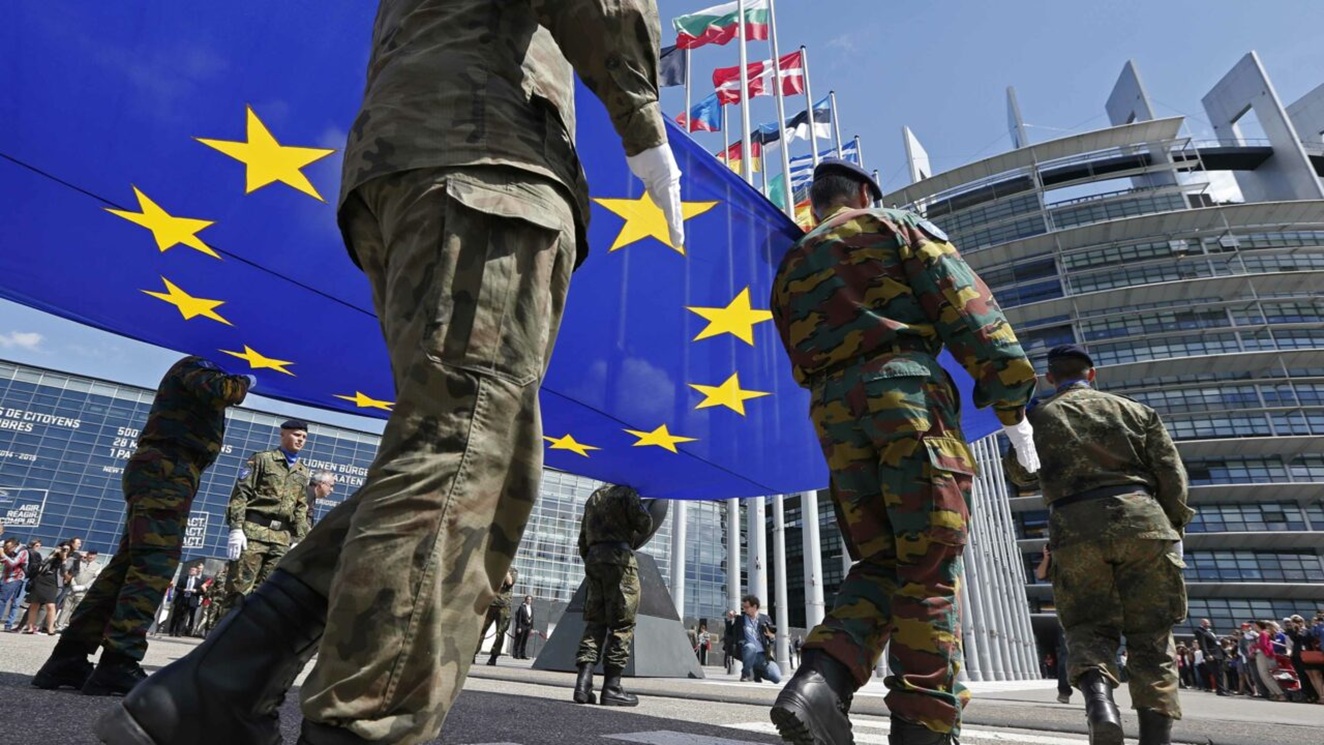
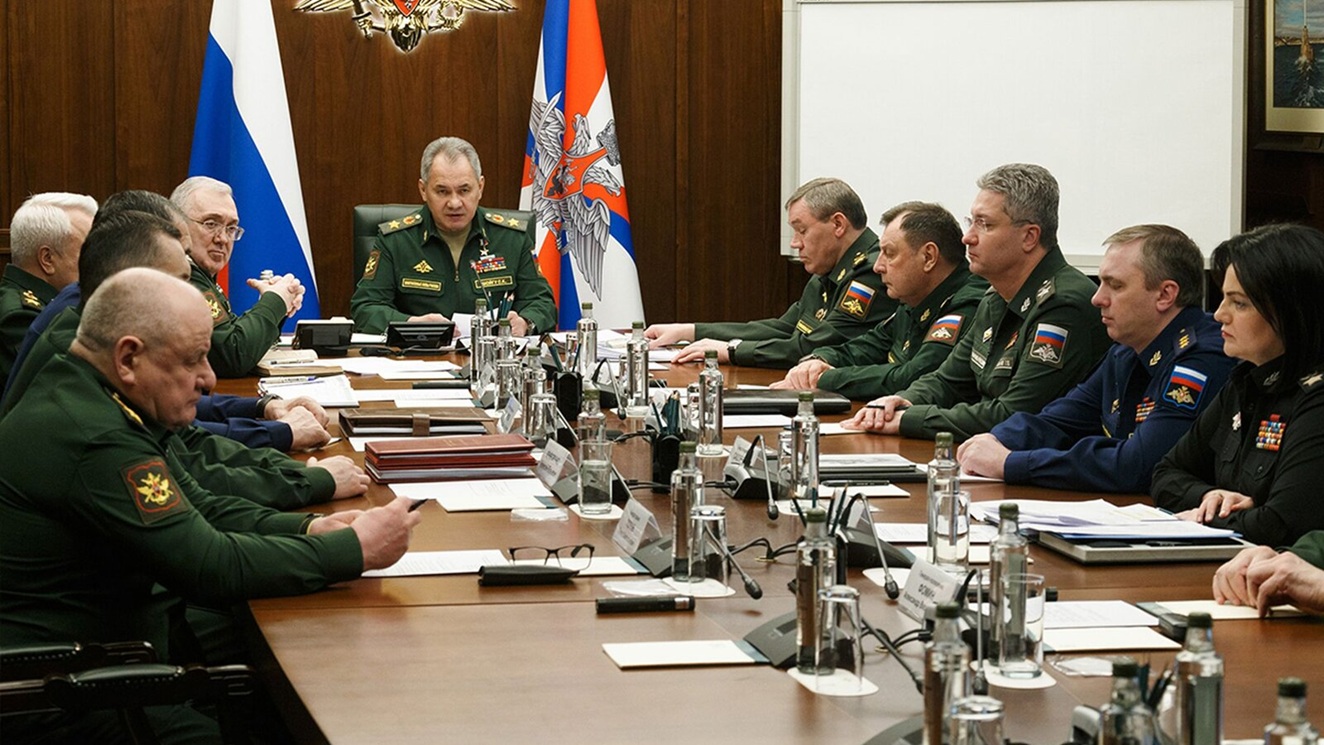
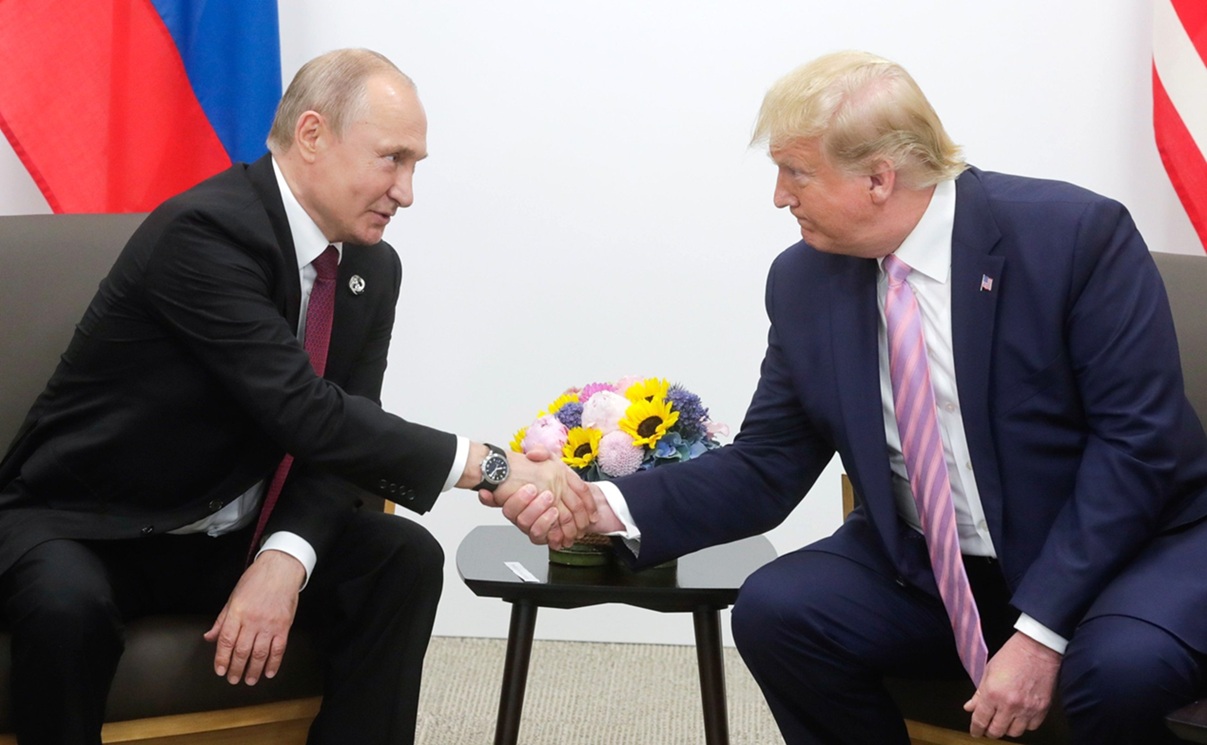
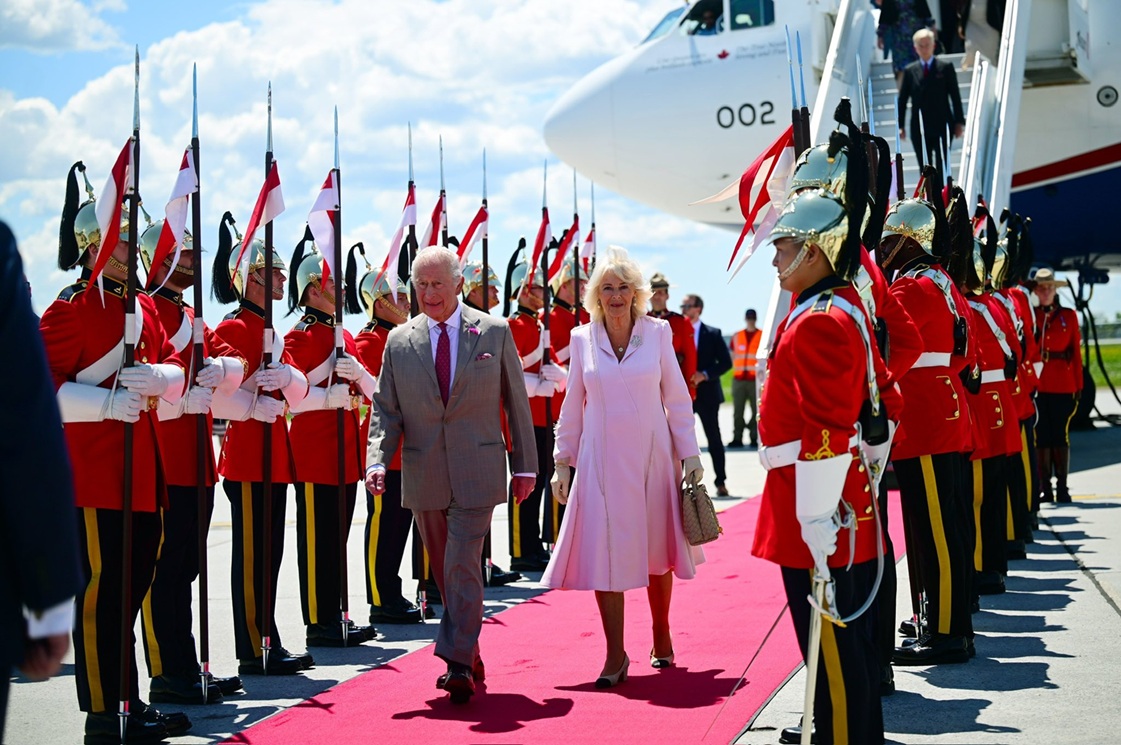
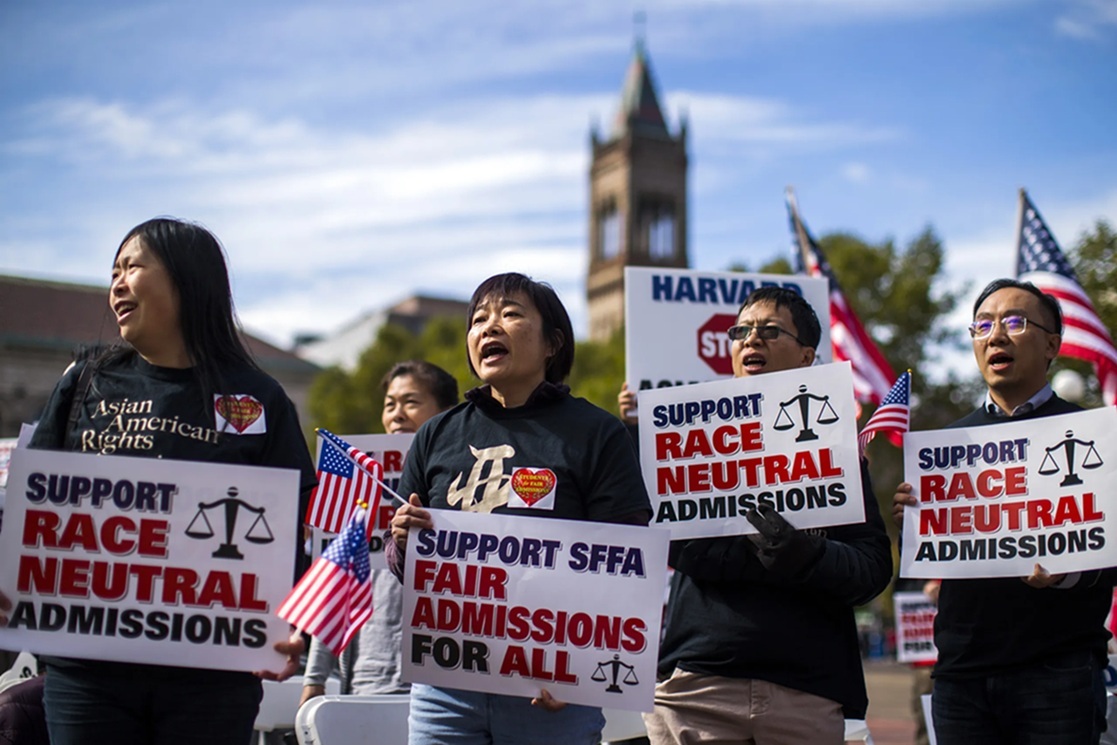

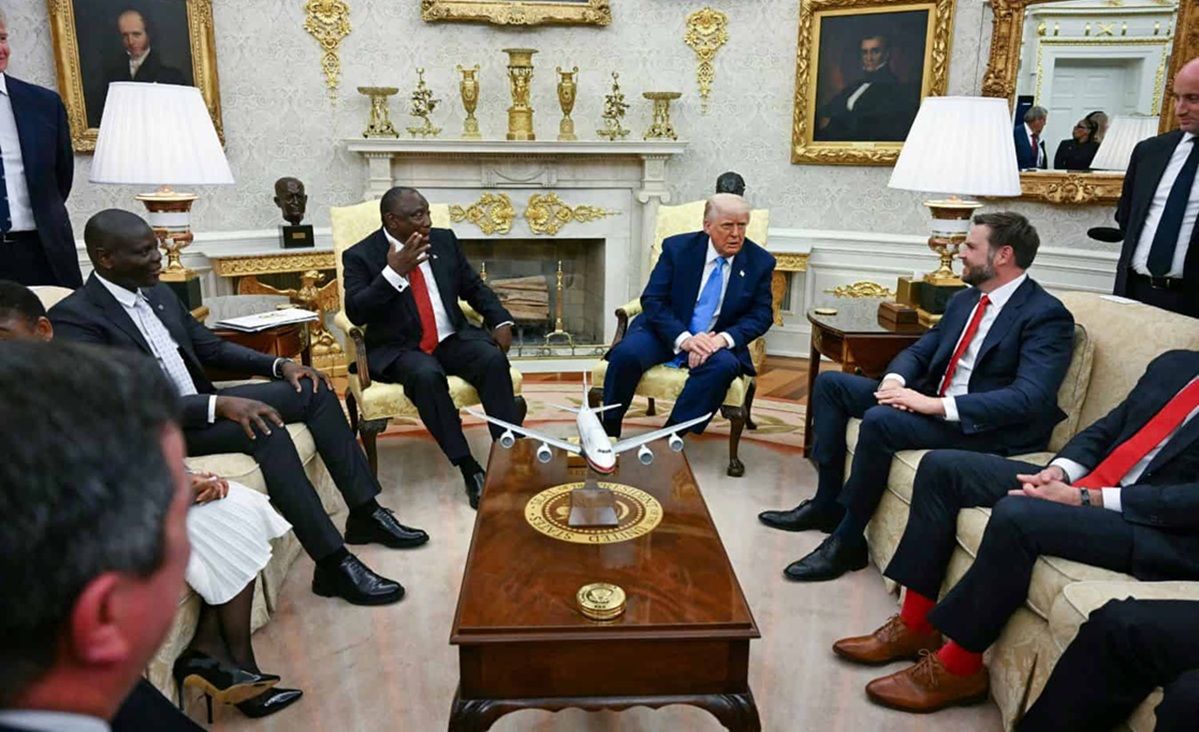
I am so grateful for your blog post. Really looking forward to read more. Keep writing.
Many thanks for the post.
Thanks for sharing your opinions on this blog site.
Its like you learn my mind! You appear to grasp a lot about this, such as you wrote the guide in it or something. This is a fantastic blog. An excellent read. I’ll certainly be back.
After examine a number of the blog posts in your web site now, and I truly like your method of blogging. I bookmarked it to my bookmark website record and will be checking back soon.
I would like to thank you for the efforts you have put in writing this web site. I am hoping the same high-grade site post from you in the upcoming as well. In fact your creative writing skills has inspired me to get my own website now. Really the blogging is spreading its wings fast. Your write up is a great example of it.
Write more, thats all I have to say.
Magnificent beat ! I wish to apprentice at the same time as you amend your website, how could i subscribe for a weblog website? The account aided me a applicable deal. I had been tiny bit acquainted of this your broadcast provided brilliant transparent concept
I simply could not depart your web site before suggesting that I really loved the usual info an individual provide on your guests? Is going to be again ceaselessly in order to inspect new posts.
Wohh, precisely what I was searching for. Thanks for putting up.
I reckon something truly special in this website.
This site has definitely all the information I need.
Thanks for posting.
Thanks for the blog article.
Muchos Gracias for your article. Really thank you!